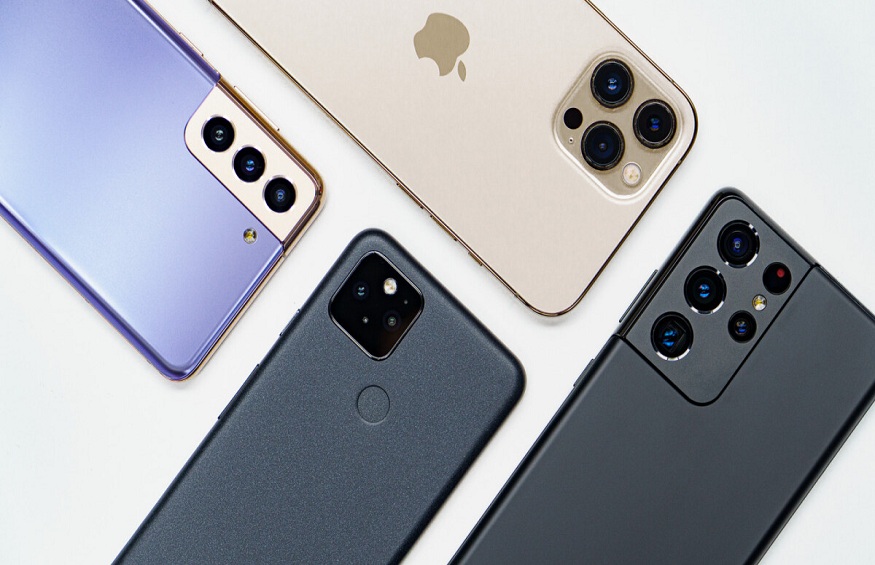Whether it was bought new or used, setting up your brand new Android smart phone is not that difficult, as long as you follow a few steps. After these, you can then use and abuse your new device.
From linking your Google account to protecting your mobile device from unauthorized access, here we’ll cover everything you need to know about setting up a new Android phone. You will then be up and running in no time.
In this guide, we are going to look at setting up an Android phone from a Motorola model, which is close to the original version provided by Google. Some steps may vary slightly depending on the manufacturer, but regardless of the brand and model of your smartphone, the process will be largely the same.
The first screen you see when you start your Android smartphone asks you to choose the language that the operating system should use in the future. Select a language, press “Start”, here you are in the main configuration menu. Most of the following screens can be bypassed using the “Skip” button if you do not wish to process them immediately.
You then need to insert your SIM card
if you haven’t already done so. You’ll be prompted to select and connect to a Wi-Fi network – essential if you want to download apps, browse the internet and update the smartphone’s operating system.
It’s done ? Now transfer your apps and data from your previous Android phone: you can either sync your Google account details or restore an Android backup from Google Drive (assuming you’ve backed up your old smartphone’s content to the cloud). We have detailed this part of the configuration in more detail in the next chapter.
If you want to transfer your data between two Android smartphones, the process is not very complicated(Image credit: Future)
If you prefer to start from scratch with your new phone, choose “Do not copy”. Your phone will ask you to sign in with a Google account, which will give you access to the Play Store and allow you to automatically sync with apps like Gmail, Google Photos and Google Calendar – even if you haven’t copied them. given in the previous step.
Once logged in, Google will ask if it can track your location, collect diagnostic data and back up key information from your phone to Google Drive – this includes app, app data, call history , contacts, device settings (such as Wi-Fi passwords), and your text message history.
If you accept this backup, it will make it easier for you the next time you update your phone because you can use it with the restore function mentioned above.
Now it’s time to look at security: you’ll be asked to set a PIN code to unlock the screen, and you’ll also have the option of setting up fingerprint recognition and facial recognition, if these functions are offered on your device. android smart phone. It is important that you have at least one of these security measures in place to protect access to your phone.
Make sure you protect your android smart phone well
Once these steps are done, all that remains is to take care of the management of the device. The following screens let you set up Google Assistant, add another email account in addition to your primary Gmail account, change the interface font and theme, and choose additional Google apps (such as Google Home and Google News) to install immediately.
It’s a fairly straightforward process, made easier by the fact that Google’s apps and services reside primarily in the cloud. No matter what device you log in to, all your email, contacts, calendars, photos, videos and files are instantly accessible.

